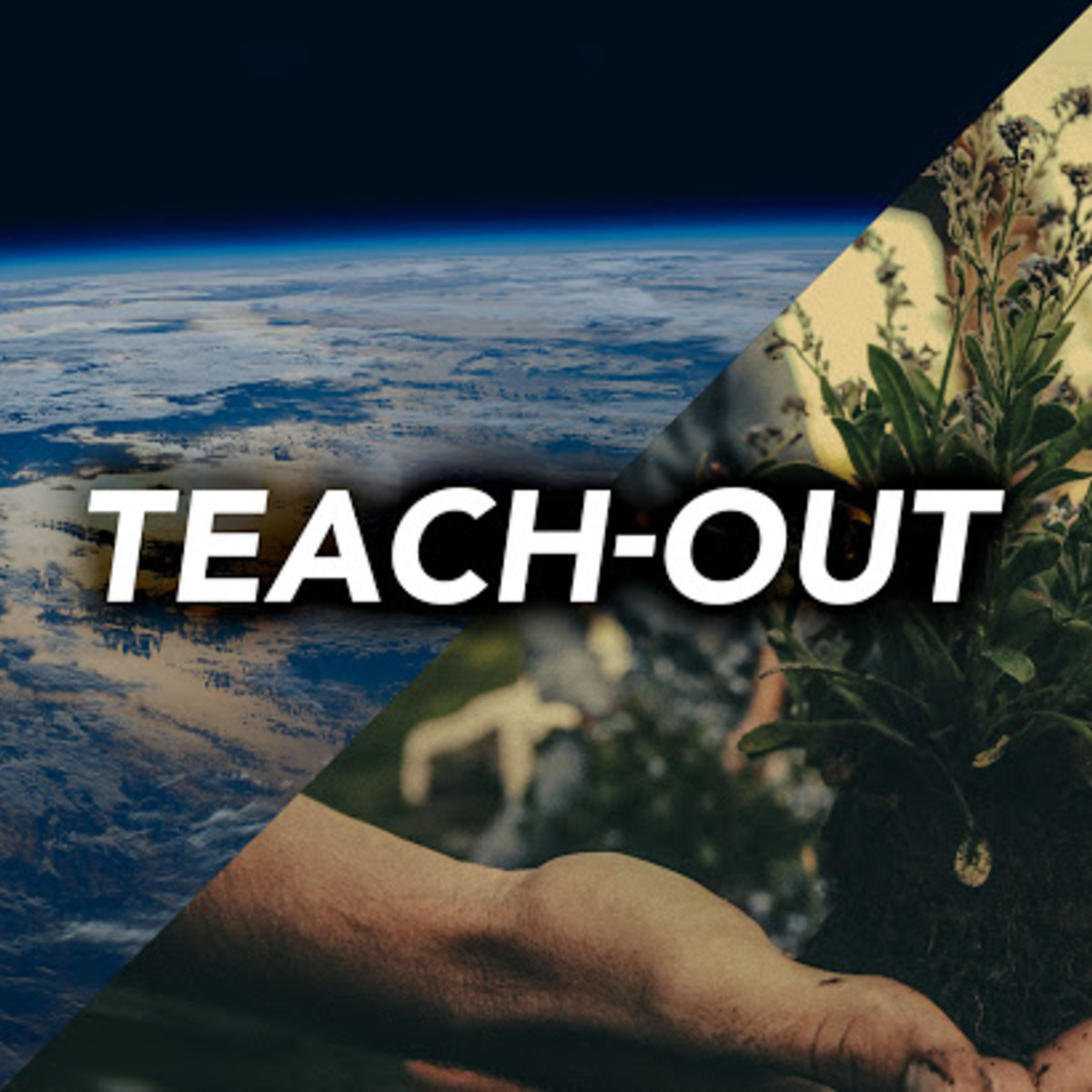How Do We Get to Cleaner Energy?
Todd Allen, Chair of Nuclear Engineering and Radiological Sciences Department in the University of Michigan, explains his initiative Fastest Path to Zero
Excerpt From

Transcript
0:00 so I think when we look at the different 0:02 scales that we want to deploy energy 0:04 right and we talked about Google needing 0:06 their own server farm or a Central 0:08 Station power plant that's producing 0:10 power for a big city or just solar 0:13 powers on panels on your own home in 0:16 those scenarios I think the critical 0:17 things to remember are people always 0:19 want cleaner power this is a big 0:21 discussion now around climate change but 0:23 it's always been true as we've gone from 0:24 animal fats to biomass to coal to 0:28 natural gas to nuclear to renewables 0:31 we're always asking for more power but 0:34 less impact on us 0:36 so the first thing is to remember people 0:37 want cleaner how do you get there second 0:40 I think is to be a little humble in your 0:41 approach some people are real 0:44 evangelists for technologies they really 0:46 want to do 100% X whatever X is because 0:48 that's their thing but I really think if 0:50 you look at all the different scenarios 0:51 in which we want to deploy energy some 0:53 things make sense in a certain context 0:55 right if you're in Southwest Arizona and 0:57 you've got a ton of Sun the public 0:59 deploying solar makes a lot of sense and 1:00 it's easier but it may be different in a 1:03 deployment scenario where you're up in 1:05 northern Alaska and it's dark large 1:07 portions of the year and you don't have 1:09 a grid and you don't even have 1:10 electrical or natural gas pipelines so 1:12 to me the critical things are recognize 1:15 people want clean they want affordable 1:16 and be a little humble in your approach 1:19 and try to understand what are the 1:21 specific needs of the community that 1:23 wants the energy and I think that social 1:25 science element is is lacking in a lot 1:27 of the things that we've done 1:28 traditionally and will make us better if 1:30 we're thoughtful about it and I'll give 1:31 you an example of a difficult problem 1:33 that was solved so Finland as a country 1:36 deploys nuclear power and they have for 1:39 a number of years and if you listen to 1:41 the public narratives around nuclear the 1:43 idea that you can dispose of the nuclear 1:44 waste seems impossible everyone throws 1:46 up their hands and says it's impossible 1:47 but the Finns actually have a plan and a 1:50 working underground repository where 1:52 they're going to put the waste and they 1:53 did that through a site a long-term 1:55 planning process that involved 1:57 communicating with the communities and 2:00 having a discussion about how they would 2:02 take care of the waste that they 2:03 produced from the energy that they used 2:05 so people who use this sort of 2:07 thoughtful approach where they look at 2:09 what's the energy need what's the 2:11 technology we're going to use all the 2:12 way to the very end of 2:13 how are we going to dispose of it and 2:15 have minimal impact on the environment 2:16 and future future generations I think 2:19 can be done and I think this example in 2:21 Finland is a good example where people 2:22 have solved what seemed to be an 2:24 insoluble problem and I think for all 2:26 this to work you need to incentivize 2:28 people to collaborate all the way from 2:30 the utilities to the people who want the 2:32 power right the stakeholders and I think 2:35 this is gonna sound silly but the simple 2:38 way is to get them in the same room and 2:39 having the discussions right people tend 2:42 to work in certain areas right so I have 2:45 a technical background so I tend to hang 2:46 out with people that do technical work 2:48 and finding a way to start those 2:50 conversations at the level of complexity 2:53 of the actual energy deployment problem 2:56 is important so we started this segment 2:58 talking about why is energy and 3:00 interdisciplinary problem because life 3:02 is interdisciplinary I think having 3:03 those same conversations at that level 3:05 matters back to this fastest path to 3:07 zero initiative one of our big goals was 3:09 to make sure we were having 3:11 interdisciplinary conversations so with 3:13 within one of our summits we may be 3:15 talking about technology for a half hour 3:16 but then we'll switch over to the role 3:18 of the media or the role of Labor 3:20 because that's really what deploying 3:22 clean energy looks like and I think if 3:23 we're going to do it well then we need 3:24 to have conversations at that level of 3:26 complexity